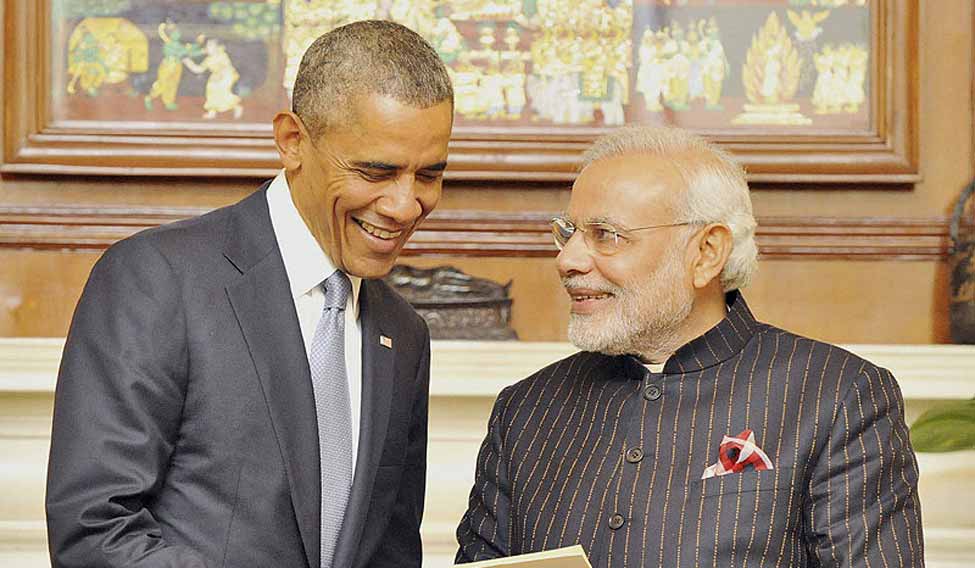Forget intelligence or wisdom, a muscular physique might just be a more important attribute when it comes to judging a person's leadership potential, according to a new study.
The study by Cameron Anderson from University of California, Berkeley and Aaron Lukaszewskifrom the Oklahoma State University, shows that people equated physical strength with higher status and leadership qualities.
For the study, various men were photographed from the knees up in a white tank shirt to show their shoulder, chest, and arm muscles.
This way, researchers were able to control for reactions to height and attire rather than strength. In one experiment, groups of men and women were shown photographs of the different men on a computer screen.
The participants were asked to rate each subject on how much they admired him, held him in esteem, and believed he would rise in status.
They were also asked questions such as, "Do you think this person would be a good leader?" and "How effective is this person dealing with other in a group?"
"The physically strong men in the pictures were given higher status because they are perceived as leaders," said Anderson.
"Our findings are consistent with a lot of real examples of strong men in positions of power," he said.
In another experiment, the researchers used a photo editing tool to switch the bodies of the strong and weak subjects. For example, a weak man's head was depicted on a strong man's body, and vice versa.
Participants rated the weak men with stronger, superimposed bodies higher in status and leadership qualities.
In another experiment focusing on the height factor, participants' responses indicated that men of taller stature were perceived to have more strength; as in the other experiments, stronger subjects were rated higher in leadership and status.
The findings also dispel the popular explanation that strong men succeed by aggressively intimidating their rivals into submission, researchers said.
"Strong men who were perceived as being likely to behave aggressively toward other group members were actually granted less status than their apparently gentler counterparts," said Lukaszewski.
"The results suggest that the conferral of status upon formidable men, perhaps counter-intuitively, serves a fundamentally pro-social function - to enhance effectiveness of cooperation within the group," he said.
This phenomenon apparently applies to men only. There was little effect on participants' perception of leadership skills when they were shown physically strong vs weak women. The study appears in the Journal of Personality and Social Psychology.





